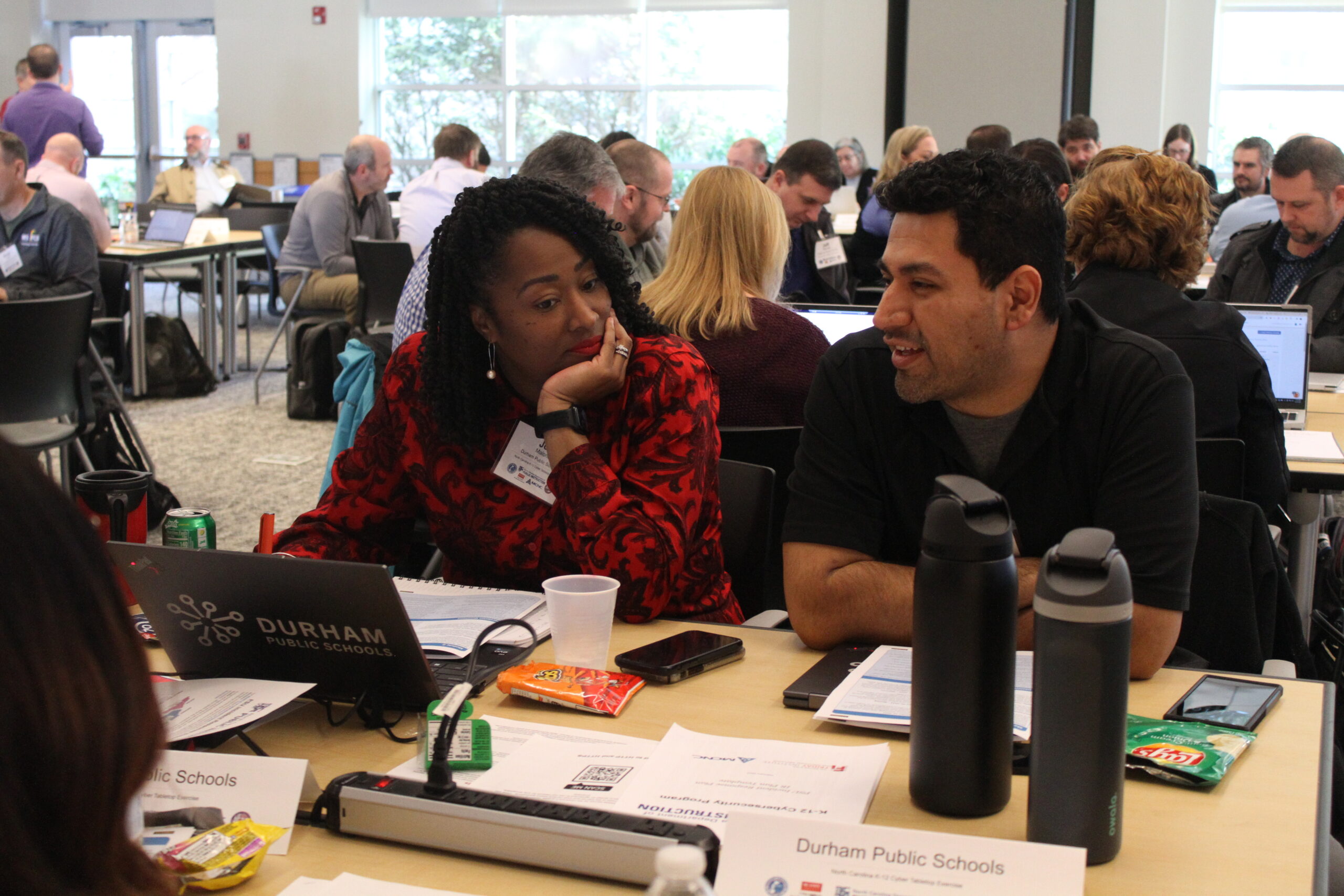Professor Hollylynne Lee Continues to Help Teachers Prepare Data Literate Students Through $2.9 Million NSF Grant
From large datasets to personal data stored on cellphones, the world is flooded with statistical information. NC State College of Education Professor Hollylynne Lee, Ph.D., says high school graduates need stronger preparation with statistics and data science skills to pursue many careers in STEM.
Using a four-year, $2.9 million National Science Foundation grant entitled “Invigorating Statistics Teacher Education Through Professional Online Learning (InSTEP),” Lee aims to harness existing data to provide middle and high school teachers with an opportunity to develop and improve their statistical and pedagogical content knowledge for preparing students who are data literate. The project will also examine the effectiveness of teacher engagement with the personal professional education pathways.
This grant is the latest in a long line of externally-funded projects Lee has been awarded to build solutions for grades six through 14 statistics and data science education. Those projects and her team are housed at the Hub for Innovation and Research in Statistics Education at the college’s Friday Institute for Educational Innovation. Friday Institute Research Associate Gemma Mojica and Instructional Design Lead Alex Dreier will serve as co-principal investigators for the InSTEP project.
“We want future citizens to be ready to use data in informed ways to make decisions in their everyday life and to be prepared for the multitude of STEM-based careers that will require using data to answer questions about important societal issues,” said Lee, a professor of mathematics and statistics education and faculty fellow at the Friday Institute for Educational Innovation.
Lee said that time limitations, classroom resources and teacher confidence often serve as barriers to educators attempting to teach in-depth statistical content within a crowded mathematics curriculum. Additionally, she said many important concepts could be skipped or marginalized by teachers who are uncomfortable or have a lack of experience with statistics.
“In addition, even though many schools are moving toward better access to internet-enabled computers, assessments and textbooks often rely on handheld devices such as graphing calculators. These devices are less useful for truly investigating and visualizing real-word data,” Mojica said.
The InSTEP project will develop an online professional learning environment for mathematics teachers in grades six through 12 that provides free resources and online data tools related to developing content understanding and pedagogical approaches. Resources will include readings, videos of instructors and experts addressing issues related to teaching statistics, lesson plans and videos of educators leading data-intensive instruction in secondary classrooms.
Through the InSTEP portal, teachers will have the opportunity to earn continuing education credits and badges by submitting microcredentials to demonstrate the learning and application of new statistics teaching skills. They will also be able to engage in discussions with other educators through online forums.
“Our intent is to use high-impact resources, instructional strategies, online supports and classroom-ready materials to engage teachers in critical experiences that develop a broader understanding of what it means to engage in statistics and data investigations as a teacher and learner,” Lee said. “Our mechanisms will build a long lasting online community as well as meeting teachers’ short-term professional development goals.”
Resources used for the InSTEP online professional learning environment will draw upon research and development efforts from two Massive Open Online Courses for Educators focused on teaching statistics as well as from the Preparing to Teach Mathematics with Technology and Enhancing Statistics Teacher Education Through E-Modules projects.
“Through these prior efforts, we have developed a large collection of resources and have identified several resources and experiences that seem to trigger critical reflection and changes to teachers’ classroom practices,” Lee said. “We will use these research results to inform how we repackage resources into brief learning modules for the InSTEP portal and build a recommendation engine, a user dashboard and online community to support personalized professional learning pathways for teachers.”
InSTEP builds on work Lee has done over the past year as a University Scholar at RTI International. John Vavricka, director of RTI’s Center for Technology in Education and Workforce Development, will serve as an expert designer on the project and lead the RTI team in developing and deploying the InSTEP portal.

